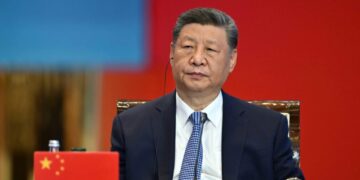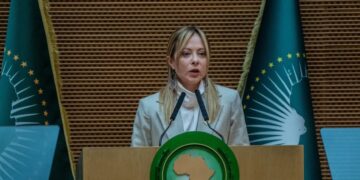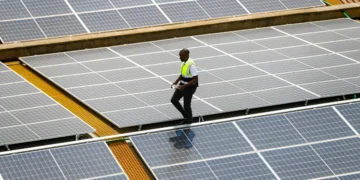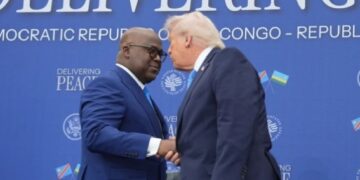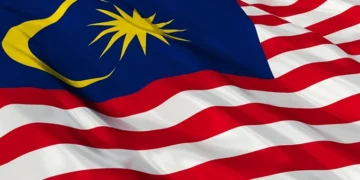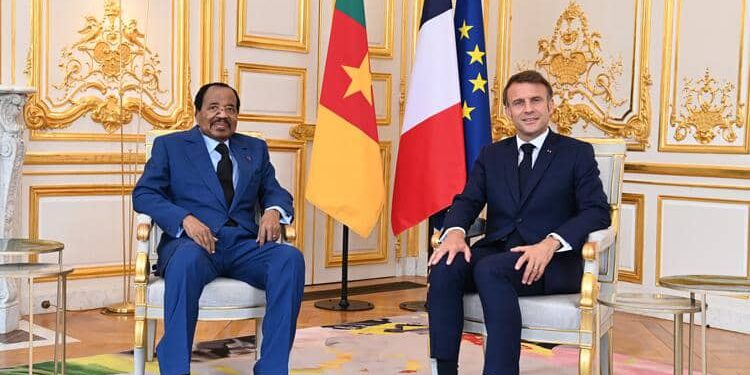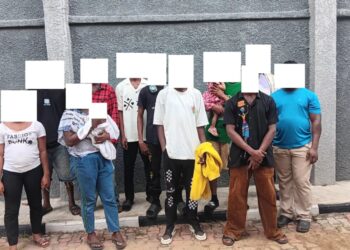By Enyichukwu Enemanna
French President Emmanuel Macron has acknowledged the violence committed by his country’s security forces in Cameroon during and after the Central African nation’s struggle for independence.
“A war had taken place in Cameroon, during which the colonial authorities and the French army exercised repressive violence of several kinds in certain regions of the country”, Macron said in a letter to Cameroon’s President Paul Biya made public on Tuesday.
This is the outcome of a joint report by Cameroonian and French historians probing France’s suppression of independence movements from 1945 to 1971.
“It is up to me today to assume the role and responsibility of France in these events,” Macron said without tendering a clear apology for the atrocities committed by French troops in its former colony, which gained independence in 1960.
He cited at least four independence campaigners who were killed during military operations led by French forces, including Ruben Um Nyobe, the firebrand leader of the anti-colonialist UPC party.
Sources quoted the report as saying that France pushed hundreds of thousands of Cameroonians into internment camps and supported brutal militias to quash the independence struggle.
Tens of thousands of people were killed between 1956 and 1961, the historians’ report said.
The decision to investigate and publish the findings on France’s role in Cameroon’s independence struggle was made in 2022, during Macron’s visit to Yaoundé.
It followed pressure from within the country for France to acknowledge its atrocities in its former colony and pay reparations.
Commenting on Macron’s lack of apology, one of the historians who contributed to the report said it was their job to “establish the facts and figures after having gone through the archival documents” and not to “recommend apologies”.
BBC quoted Prof Willibroad Dze-Ngwa as saying that it was not within the historians’ remit to recommend reparations.
“Reparations only come after judgement has been passed, and we did not go to the field as a law court to pass judgement and condemn [or] to recommend reparation.”
Macron also expressed willingness to work with Cameroon to promote further research on France’s historic colonial role, while highlighting the need for both countries to make the findings available to universities and scientific bodies.
While Macron did not address calls for payment of reparations, it is likely to be a key talking-point in Cameroon going forward.
Under Macron, France has attempted to confront its brutal colonial past.
Last year, it acknowledged for the first time that its soldiers had carried out a “massacre” in Senegal in which West African troops were killed in 1944.
Macron has previously acknowledged France’s role in the Rwandan genocide, in which about 800,000 ethnic Tutsis and moderate Hutus died, and sought forgiveness.
In 2021, he said France had not heeded warnings of impending carnage and had for too long “valued silence over examination of the truth”.
















